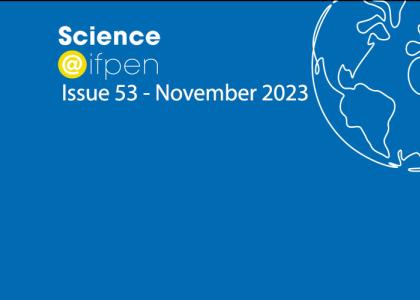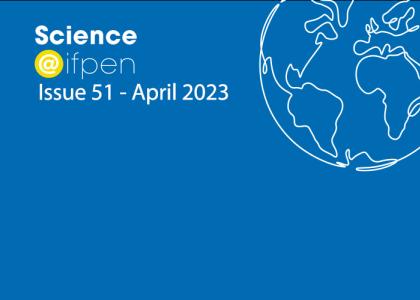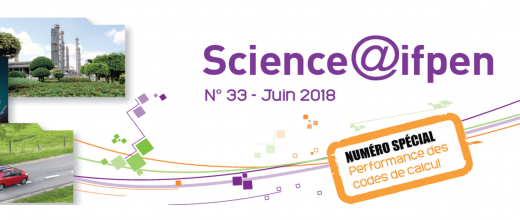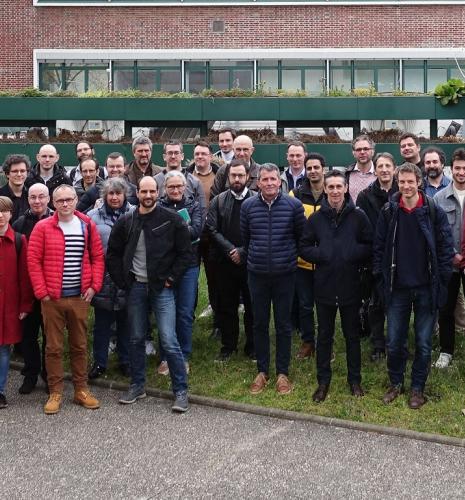
News in brief
Modeling wind turbine wake: a question of atmosphere!
In the wake zone located behind each wind turbine, wind velocity is reduced and turbulence increased. This results in a reduction in the lifespan of machines located downstream as well as a decrease in a windfarm’s overall electricity production. To limit these effects and help optimize the siting of turbines on windfarms, analytical wake models exist in the literature but they incorporate numerous simplifying hypotheses concerning wind turbines and their environment...

News in brief
SC8 - “Massively” accelerated windfarm simulation
In the field of wind energy, Large Eddy Simulations (LES) are widely used to gain a better understanding of wind flow within wind farms. On a wind farm scale, they are also used to establish analytical wake models, and are useful for studying the interactions between individual wind turbines as well as with the atmospheric boundary layer (ABL)...

Individual page
Ani ANCIAUX SEDRAKIAN
Research engineer / Project manager
Positions currently available in the group: https://www.linkedin.com/company/ifp-energies-nouvelles/jobs/ She received her Ph.D. degree in computer science from the University of Pierre et Marie Curie

Individual page
Chaouki HABCHI
Senior Researcher
HDR-Associated with SMEMaG Doctoral School CentraleSupelec
HDR-Associated with SMEMaG Doctoral School CentraleSupelec
PhD from the Sorbonne University (PARIS-6) obtained in 1990 in the field of Computational Fluid Mechanics. HDR ( habilitation à diriger des recherches) from the Institut National Polytechnique de

News in brief
IFPEN/Inria partnership: digital technology at the heart of innovation
Digital technologies are playing an increasingly important role in solving industrial problems. IFPEN forged a partnership with Inria. Five years later, we look back over this fruitful partnership.


Individual page
Frederic BLONDEL
Research engineer
Frédéric graduated with a PhD diploma in Fluid Mechanics from Ecole Centrale de Lyon in 2014. Since then, he works as a research engineer at IFPEN. Frédéric’s reasearch focuses on both the

News in brief
Wind turbines have the wind in their sails, thanks to GPUs
IFPEN has been carrying out research in the field of floating wind turbines for a number of years, developing, for this purpose, the DeepLines Wind TM simulation tool, in partnership with Principia (1

News in brief
Faster and just as good: the motto of adaptive methods
In the field of numerical simulation, a sufficiently accurate representation of the data associated with physical models requires, in general, a very large numerical grid that, despite existing

News in brief
More efficient flow simulations inspired by optimal control
Multiphase mixture (gas and liquid) flow simulation in porous media has a variety of applications in the field of geosciences a but also in the fields of engineering and chemical processes. In





